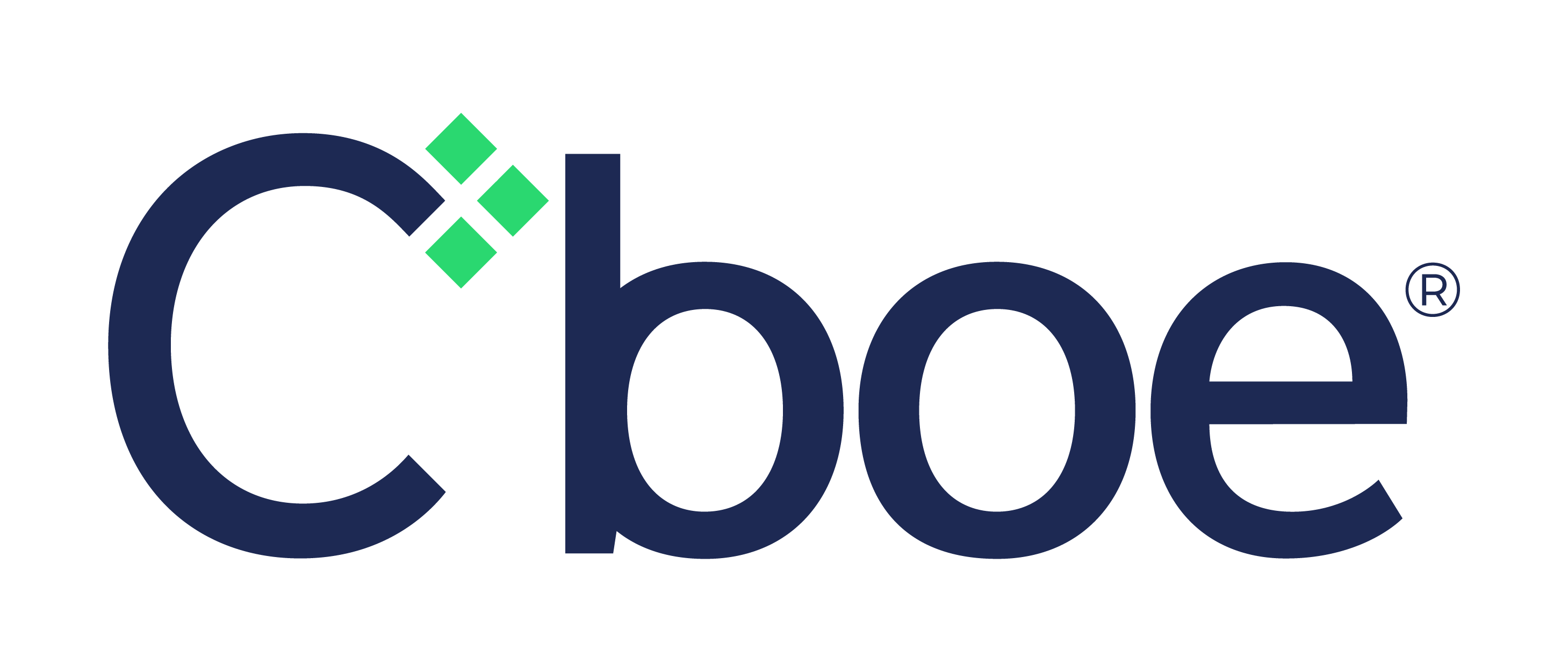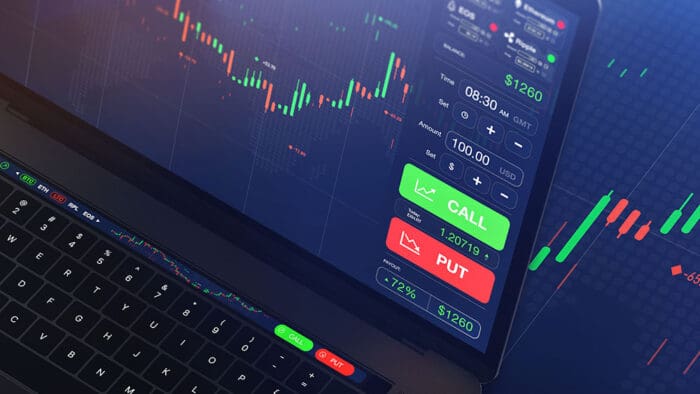Originally Posted, 23 October 2024 – From Fragility to Greater Stability: Economic Outlook and Investment Strategies in the Euro Area
Despite a weak growth outlook the Euro area’s increased resilience and stability makes European fixed income investments attractive.
While the Euro area grapples with a lackluster growth forecast, it is simultaneously showcasing resilience. As the European Central Bank (ECB) embarks on a path of monetary policy normalization, we believe European fixed income investments continue to look appealing, offering attractive yields today as well as possible price appreciation should conditions weaken.
Post-pandemic effects
Following the start of the pandemic in 2020, growth in the Euro area has been weak. The region experienced a deeper downturn and a more tepid recovery than most other developed countries. The Euro area’s proximity to the Ukraine-Russia conflict left it more vulnerable to rising energy prices, fiscal support measures were less generous than in the U.S., and shorter-term mortgages have amplified the impact of tighter monetary policy.
On the surface, many of the pandemic’s disruptive effects have now faded. Like other developed economies, the Euro area appears more “normal” than at any time since the pandemic began (for more, see our Cyclical Outlook). Headline inflation has returned to the ECB’s target. Real economic activity grew at a trend-like pace in the first half of the year, and credit growth has stabilized. Fiscal deficits have generally shrunk. Additionally, monetary policy is beginning to normalise, with the ECB cutting interest rates three times this year already.
Nonetheless, the outlook remains fragile. Cyclically, weakness in China and in global manufacturing is weighing on economic activity, chiefly in Germany, while households have depleted the savings surpluses they accumulated during the pandemic. Structurally, productivity growth remains weak and, unlike in most other counties, investment spending in the Euro area has plummeted over the last two years. Former ECB President Mario Draghi recently published a comprehensive list of policy recommendations aimed at improving long-term growth prospects. However, most of these are unlikely to be enacted, and for those that are, we doubt they will significantly alter the growth trajectory any time soon.
Overall, we expect growth in the Euro area to remain sluggish, hovering around 1%, which is close to the long-term growth rate. Although we do not foresee an imminent recession, the risk of one remains elevated, not least given the uncertainty around the global trade outlook in light of the upcoming U.S. election.
Stability amidst fragility
Despite the fragile growth outlook, we are more optimistic about one crucial aspect: the Euro area economy is unlikely to return to the instability seen a decade ago.
For one, policy measures have proven more effective and timely than in the past. The ECB was a reliable sovereign lender of last resort during the pandemic, buying assets and adding new tools (such as the Transmission Protection Instrument) to mitigate instability. Fiscal policy has also been more proactive with the introduction of cross-border fiscal transfers through the EU Recovery Fund, potentially setting a precedent for future downturns. Also, today’s political backdrop appears less disruptive, with waning support for exiting the currency union in most countries.
There are fewer economic imbalances in the region, too. Many of the external imbalances that existed before the financial crisis have receded. After a decade of current account surpluses, the Euro area is now a net lender to the rest of the world, with greater international assets than liabilities. Economic growth has also converged within the region, with countries that previously lagged, particularly in the periphery, outperforming core countries and Germany in particular since the start of the pandemic.
More broadly, the absence of significant financial stress in recent years is a sign of resilience. True, growth has been weak, but sovereign spreads have generally remained stable despite numerous challenges including: a neighbouring war; Russia’s gas supply cuts; rising interest rates; the collapse of Credit Suisse; and the election of a far-right government in Italy. It is difficult to imagine more adverse shocks to test the resilience of the Euro area than those it has faced in recent years.
Of course, some tail risks remain given the lack of a complete fiscal and financial union. Still, the region appears to be more stable than it was a decade ago.
Monetary policy back to neutral
What does all this mean for monetary policy? In the short term, the direction is clear. As pandemic-related factors continue to fade, we expect core inflation to return to the ECB’s target next year. This should allow the central bank to continue cutting its policy rates in upcoming meetings. Over time, we anticipate that policy rates will return to a more neutral stance.
The long-term outlook for monetary policy is more murky. Where is the neutral policy rate, or r-star? Although uncertainty remains high, we do not expect interest rates to return to their pre-pandemic levels. Inflation expectations have re-anchored higher, and inflation risks now appear more balanced around the 2% target than they were before the pandemic. Moreover, sovereign bond spreads are generally tighter today, partly due to a stronger institutional framework. This means that to achieve the same overall borrowing cost, the ECB can maintain a higher policy rate than before. In the absence of a recession, we expect the policy rate to land in the range of 1.5-2.0%. While a recession could lead to lower interest rates, we believe there remains a very high bar for the ECB to revert to negative interest rates.
Investment implications
Against this backdrop, fixed income investments in Europe continue to look attractive. While the pricing of short-term interest rates for the ECB look broadly fair, we expect the yield curve to continue steepening as monetary policy normalizes. Thus, long-term interest rates may increase relative to short-term rates.
The distinction between core and peripheral countries in terms of bond spreads has become more blurred and will likely remain so. Recent political volatility in France has led to French borrowing costs that are now on par with those in Spain, which seems justified. Meanwhile, bolstered by an improved institutional framework, Italian government bond (BTP) spreads are likely to remain more stable, offering diversification benefits for investment portfolios.
Disclosure: PIMCO
All investments contain risk and may lose value. This material is intended for informational purposes only. Forecasts, estimates and certain information contained herein are based upon proprietary research and should not be considered as investment advice or a recommendation of any particular security, strategy or investment product. No part of this material may be reproduced in any form, or referred to in any other publication, without express written permission. PIMCO is a trademark of Allianz Asset Management of America L.P. in the United States and throughout the world. THE NEW NEUTRAL is a trademark of Pacific Investment Management Company LLC in the United States and throughout the world. ©2023, PIMCO.
Disclosure: Interactive Brokers Third Party
Information posted on IBKR Campus that is provided by third-parties does NOT constitute a recommendation that you should contract for the services of that third party. Third-party participants who contribute to IBKR Campus are independent of Interactive Brokers and Interactive Brokers does not make any representations or warranties concerning the services offered, their past or future performance, or the accuracy of the information provided by the third party. Past performance is no guarantee of future results.
This material is from PIMCO and is being posted with its permission. The views expressed in this material are solely those of the author and/or PIMCO and Interactive Brokers is not endorsing or recommending any investment or trading discussed in the material. This material is not and should not be construed as an offer to buy or sell any security. It should not be construed as research or investment advice or a recommendation to buy, sell or hold any security or commodity. This material does not and is not intended to take into account the particular financial conditions, investment objectives or requirements of individual customers. Before acting on this material, you should consider whether it is suitable for your particular circumstances and, as necessary, seek professional advice.
Disclosure: Mutual Funds
Not all funds are available to retail investors. Mutual Funds are investments that pool the funds of investors to purchase a range of securities to meet specified objectives, such as growth, income or both. Investors are reminded to consider the various objectives, fees, and other risks associated with investing in Mutual Funds. Please read the prospectus accordingly. This communication is not to be construed as a recommendation, solicitation or promotion of any specific fund, or family of funds. Interactive Brokers may receive compensation from fund companies in connection with purchases and holdings of mutual fund shares. Such compensation is paid out of the funds' assets. However, IBKR does not solicit you to invest in specific funds and does not recommend specific funds or any other products to you. For additional information please visit the Mutual Funds section of your local Interactive Brokers website.
Disclosure: ETFs
Any discussion or mention of an ETF is not to be construed as recommendation, promotion or solicitation. All investors should review and consider associated investment risks, charges and expenses of the investment company or fund prior to investing. Before acting on this material, you should consider whether it is suitable for your particular circumstances and, as necessary, seek professional advice.
Disclosure: Bonds
As with all investments, your capital is at risk.


















Join The Conversation
If you have a general question, it may already be covered in our FAQs page. go to: IBKR Ireland FAQs or IBKR U.K. FAQs. If you have an account-specific question or concern, please reach out to Client Services: IBKR Ireland or IBKR U.K..
Visit IBKR U.K. Open an IBKR U.K. Account